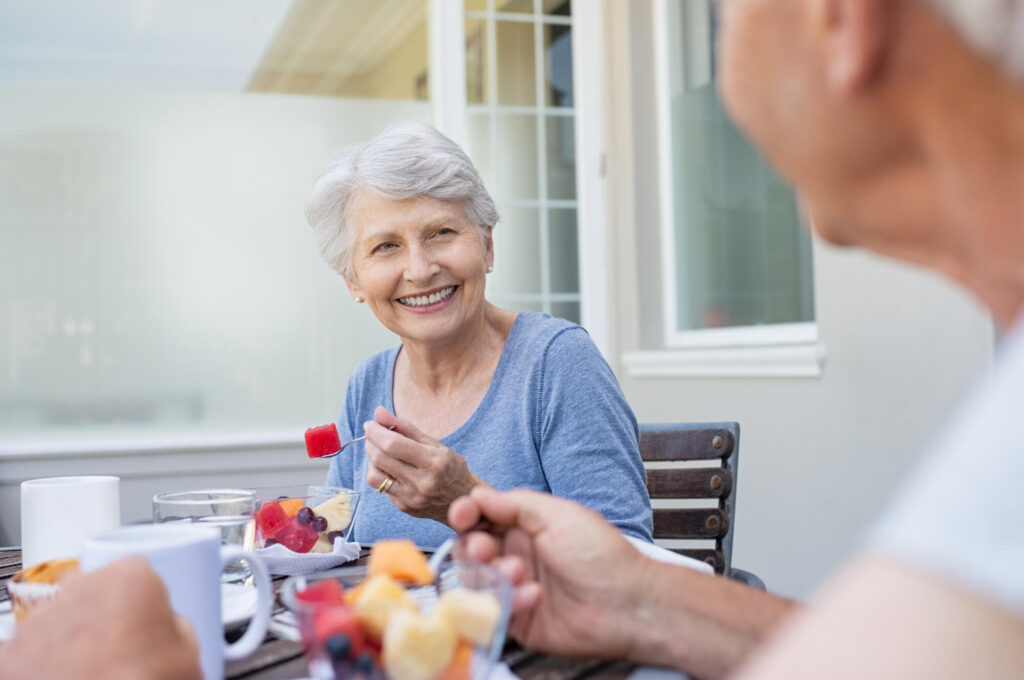When aging changes how we eat, meals can start to feel like a challenge instead of comfort. Many seniors lose their appetite because of medications, loneliness, or health issues-but with the right care, every meal can bring warmth again. Food is not only fuel; it’s memory, connection, and joy served on a plate.
Caregivers, family members, and friends can make a difference by creating meals that nourish both body and heart. Keep reading to learn how small, thoughtful steps can help restore appetite and rebuild the simple happiness of eating well.
Understanding Why Appetite Loss Happens
Appetite loss in seniors can happen for many reasons. Changes in taste or smell can make food seem less appealing, while medications might cause nausea or dry mouth. Emotional challenges, such as grief or isolation, can also reduce interest in meals.
Recognizing the cause is the first step toward providing support. Once we understand why eating feels difficult, we can start to find gentle ways to bring comfort back to the table.
Making Mealtime More Enjoyable
The dining experience matters as much as the food itself. A quiet, pleasant space with soft lighting and familiar music can make meals more inviting. Offering favorite dishes or familiar family recipes can spark good memories and increase appetite naturally.
Eating together encourages better nutrition. Conversation, laughter, and company remind seniors that food is a shared experience, not just a necessity.
Encouraging Small, Frequent Meals
Instead of three large meals a day, smaller portions spread throughout the day can help. This keeps energy steady and makes eating feel less overwhelming. Nutritious snacks-like yogurt, fruit, or smoothies-can provide the calories and vitamins needed without pressure. Variety also helps, colorful plates filled with texture and flavor can excite the senses and make eating fun again.
Supporting Seniors Emotionally
Emotional health strongly affects appetite. Seniors who feel lonely or anxious may eat less without realizing it. Simple gestures like sitting with them, listening to stories, or sharing a meal can rekindle interest in food.
In this way, supporting seniors through appetite loss becomes more than a task-it’s an act of love. It means helping them rediscover not only the taste of food but the joy of being cared for.
Working with Health Professionals
If appetite loss continues, it’s important to seek medical advice. A doctor or nutritionist can check for underlying issues and suggest dietary plans that fit specific needs.
Sometimes, small changes-like adjusting medications or adding supplements- can make a big difference. Professional guidance ensures safety and helps create a meal plan that works best for each individual’s health and comfort.
Love Served Daily
Healing doesn’t always begin with medicine-it often begins with kindness. When care is served with love, every meal becomes more than food; it becomes comfort, warmth, and hope.
Helping seniors rediscover the joy of eating is helping them taste life again, one gentle bite at a time. Each shared meal tells a story of care, connection, and renewal. Expand your knowledge and check out more posts on our blog!






